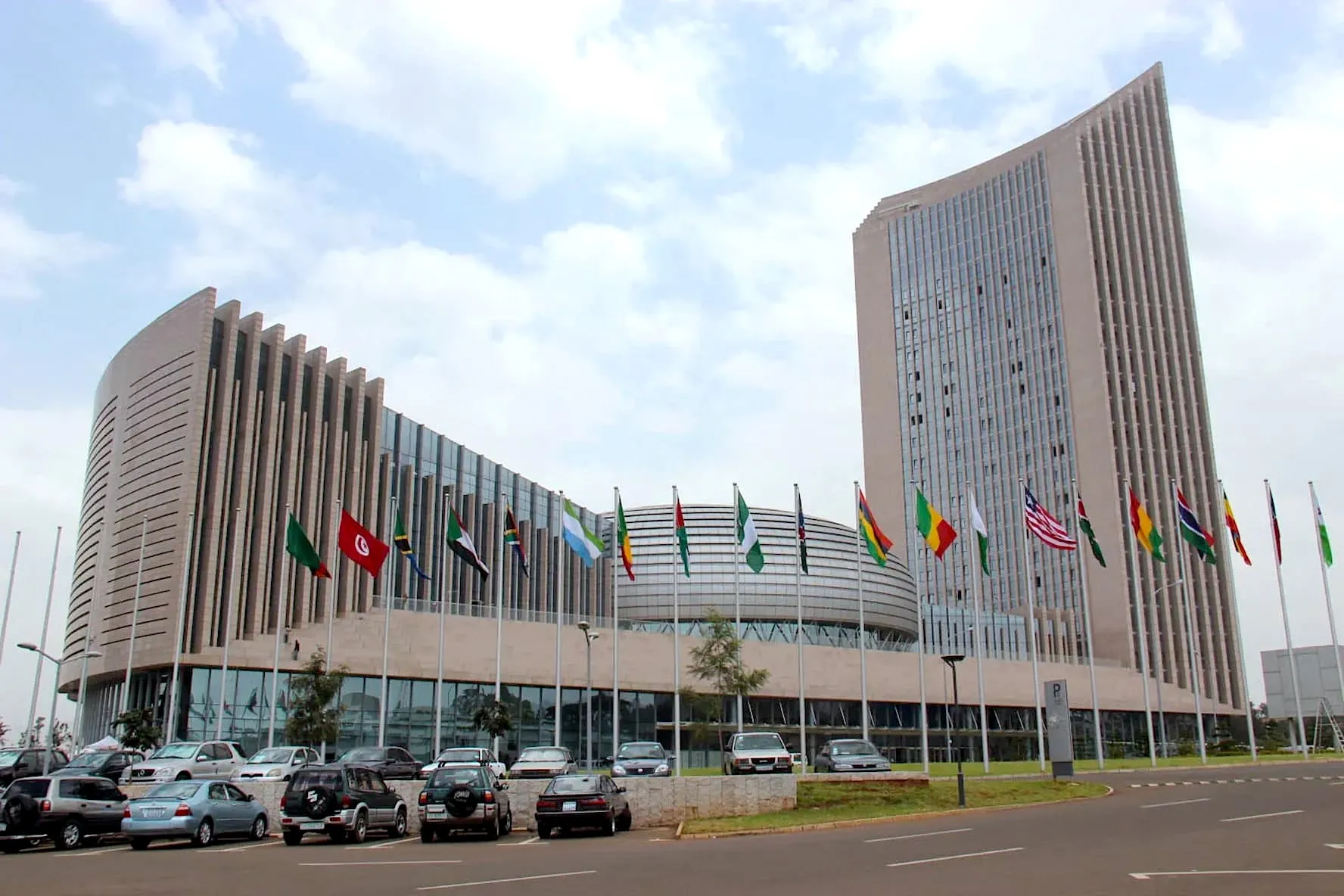As Artificial Intelligence (AI) rapidly reshapes the world, Africa stands at a pivotal crossroads. The continent, rich in untapped potential and dynamic young populations, is embracing AI to leapfrog traditional development stages. Yet, amid this technological surge, a profound challenge emerges: How can Africa foster AI innovation while embedding ethical safeguards that protect its people, cultures, and future?
The Stakes Are High
AI’s transformative power is undeniable—revolutionizing healthcare, agriculture, education, and governance. But without thoughtful regulation, AI can amplify existing inequalities, entrench biases, violate privacy, and erode trust. Africa’s diverse societies face unique risks: surveillance tools may disproportionately target marginalized groups; data colonialism might exploit African data resources without fair benefit; and opaque AI systems can reinforce harmful stereotypes embedded in historical injustices.
A Homegrown Ethical Framework
Ethical AI regulation in Africa cannot be a mere import of Western paradigms. Africa’s values—communalism, ubuntu (humanity toward others), and respect for human dignity—must underpin regulatory frameworks. This means prioritizing transparency, accountability, data sovereignty, and inclusive participation in AI governance. African policymakers, technologists, and civil societies need collaborative platforms to define ethical norms that resonate locally and serve globally.
The Role of Government and Multistakeholder Engagement
Effective regulation requires governments to adopt clear, adaptable policies that stimulate innovation while enforcing ethical standards. Building regulatory capacity is crucial, as is creating legal infrastructures that balance experimentation with protection. Equally important are partnerships involving academia, industry players, and communities to foster responsible AI development through education, awareness, and local innovation ecosystems.
Global but Contextual
Africa cannot isolate itself from the global AI ecosystem, but it must assert its voice. International frameworks on AI ethics offer valuable guidance, but must be adapted to account for African realities—economic disparities, infrastructural gaps, and socio-political contexts. By contributing to global AI governance debates with an African perspective, the continent can shape a more equitable and just AI future for all.
Conclusion: Ethical AI as a Catalyst for Inclusive Progress
The promise of AI in Africa is immense, but the risks are real and urgent. Ethical AI regulation is not a barrier but a catalyst for sustainable development and social justice. By embedding African values into AI governance, nurturing local talent, and fostering cross-sector collaborations, the continent can lead a bold, responsible AI revolution—one that empowers millions, preserves human dignity, and heralds a future where technology serves humanity, not the other way around.
Africa’s AI journey is just beginning. Let it be one guided by conscience, courage, and collective wisdom.




